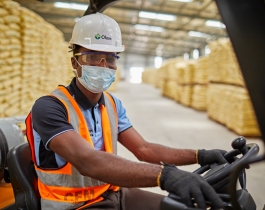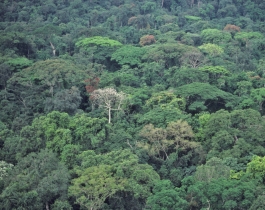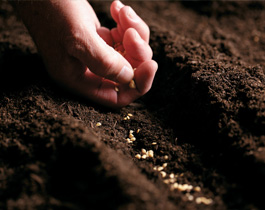To secure the crops for customers tomorrow, we must help rural communities to thrive today.

They are also aligned to the UN Sustainable Development Goals and the Planetary Boundaries as identified by the Stockholm Resilience Centre.
It is important to remember, however, that many issues cannot be tackled in silos. In a smallholder landscape, climate change may impact on water availability and farmer livelihoods. In a processing facility, labour standards can impact on food safety. This is why Onat takes ‘a landscape’ approach, seeking to understand the potential risks and opportunities that an action in one area can have in several others.
We listen to the opinions of stakeholders who include customers, communities, NGOs, Development Finance Institutions and banks, foundations, shareholders and employees. In turn, this leads to collaborations and partner programmes that enable us to scale positive impact more quickly and with greater reach than we could achieve alone.
Our 10 priority areas apply to both our direct operations (farming, processing, offices etc.) as well as our indirect operations, namely our third-party sourcing through the estimated 1.2 million farmers in our supply chains. To see our targets and progress,, please refer to the

To secure the crops for customers tomorrow, we must help rural communities to thrive today.

Providing a safe workplace where everyone’s rights are respected.
Through education and skills rural communities can move from subsistence to prosperous lives.

We are committed to playing our part for the world to achieve SDG 2: End hunger, achieve food security & improved nutrition & health.

Fostering creativity, innovation and resilient supply chains through diversity and inclusion.

Identifying and implementing ways to reduce, mitigate and adapt to the impacts of climate change for Onat and our suppliers.

Minimising resource consumption while creating and sustaining Living Landscapes.

Regenerating soils to regenerate landscapes and nourish our crops.

Ensuring the responsible use of water for our own needs without impacting the needs of others.

Minimising food loss and waste to improve global food security and reduce emissions.
© 2018 Onat Global All Rights Reserved Co.